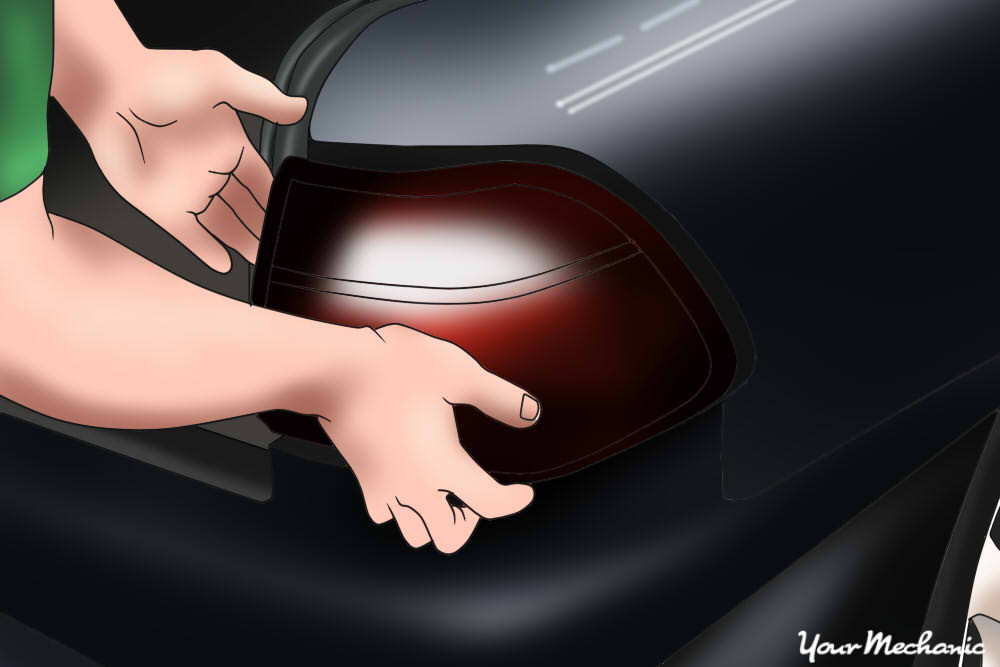

For many people, needing to have a car part replaced is always accompanied by a difficult question: aftermarket, or OEM? OEM, which stands for Original Equipment Manufacturer, are parts made and sold by the automaker of the vehicle. They’re the exact same components that are made for new vehicles from that brand, and can usually only be purchased through a dealership. Aftermarket parts, on the other hand, have been made by a third-party manufacturer. In general, you’ll get an OEM part when your vehicle is repaired through your local dealership, while you’re likely to get an aftermarket component if you have your car repaired by an independent technician, such as a mobile mechanic.
There’s a certain stigma that follows the word “aftermarket” in regards to automotive parts. Is that stigma warranted, or are aftermarket parts really a comparable alternative to OEM components?
Dispelling the aftermarket myth
There’s a common myth that aftermarket parts lack the quality of OEM parts. However, the reality is that aftermarket auto parts usually are as good of quality – and very often better quality – than their traditional counterparts.
The primary reason for this is because there are dozens of different companies that produce aftermarket parts, and competition almost always results in improved products. If you need a new muffler for your Ford Mustang, for instance, and you opt for an OEM product, it will be coming from Ford, and only from Ford. If you choose an aftermarket product, it will come from one of a number of brands that makes the component you need, who are all jockeying to provide the best option on the market. Iron sharpens iron, and that’s certainly the case with aftermarket parts. Based only on the quality of the product, aftermarket parts are a great alternative to standard OEM parts.
Other benefits of aftermarket parts
Quality isn’t the only thing that aftermarket parts have to offer. These parts also are easier to find than OEM components, and therefore are more practical and quick to come by, whether you plan on a home repair, hiring a mobile mechanic, or taking your vehicle to a shop. Since so many different companies produce aftermarket parts, you or your mechanic will likely be able to get the exact part you need relatively quickly.
Aftermarket parts are almost always significantly cheaper than their OEM counterparts. Part of this is because they don’t come with an overpriced dealer markup tag, but it’s mainly for the same reason that aftermarket parts are high quality: business competition helps control the cost so that consumers have desirable options.
Finally, aftermarket parts feature greater variety than OEM parts. Thanks to the numerous manufacturers producing aftermarket parts, vehicle owners and mechanics can choose from a variety of options, to find the price, features, and strengths that are most desirable for the car and the owner. With OEM parts, you’re likely to only find a single, stock option.
Are there downsides to aftermarket parts?
While purchasing aftermarket parts is a great alternative to OEM pieces, there are a few downsides. Because there are so many different options for aftermarket parts, it can be hard to choose the component that’s best suited for you and your car’s needs. Quality also varies greatly with aftermarket parts, which can make shopping for them difficult. However, while this can be a problem when purchasing aftermarket parts on your own, if you’re hiring a mobile mechanic to fix your vehicle this isn’t anything to worry about.
Aftermarket parts can also lack the warranty that many dealerships proved with their OEM components. At YourMechanic, this is made up for with a service and parts limited warranty.
Add it all up, and the math is clear: aftermarket parts are every bit as good as their OEM counterparts, and very often better. Whether you need a replacement as simple as an air filter, or as complex as a catalytic converter, it’s definitely worth looking into purchasing aftermarket parts, or hiring a reputable technician from YourMechanic to find the best part for you and your vehicle.



